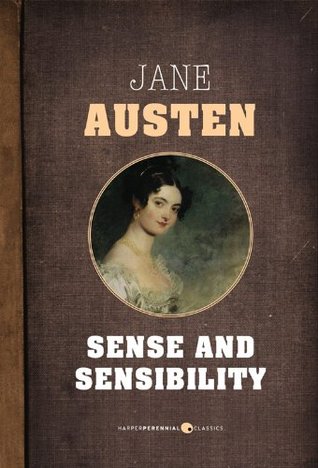“I do not attempt to deny,” said she, “that I think very highly of him—that I greatly esteem, that I like him.” Marianne here burst forth with indignation— “Esteem him! Like him! Cold-hearted Elinor! Oh! worse than cold-hearted! Ashamed of being otherwise. Use those words again, and I will leave the room this moment.” Elinor could not help laughing. “Excuse me,” said she; “and be assured that I meant no offence to you, by speaking, in so quiet a way, of my own feelings. Believe them to be stronger than I have declared; believe them, in short, to be such as his merit, and the suspicion—the hope
...more
Elinor's rote, formal way of expressing her feelings about a man is similar to one made by Esther in Lew Wallace's "Ben-Hur", in which Esther's father gives a reply that reminds me of Marianne's:
****************
"Send for him, father. Send for him to-night, and do not let him go into the Circus."
By a mighty effort ... he controlled himself, and asked, calmly, "Not go into the Circus, Esther? Why, child?"
"It is not a place for a son of Israel, father."
"Rabbinical, rabbinical, Esther! Is that all?"
The tone of the inquiry was searching, and went to her heart, which began to beat loudly-so loudly she could not answer .... She bent over him, and laid her cheek against his head.
"Speak, Esther. I will be the stronger of the knowledge. In warning there is strength."
She sat up then, and spoke as if she were Truth's holy self. "Comfort thee, father. I will never leave thee; though he take my love, I will be thy handmaid ever as now." And, stooping, she kissed him.
"And more," she said, continuing: "he is comely in my sight, and the pleading of his voice drew me to him, and I shudder to think of him in danger. Yes, father, I would be more than glad to see him again. Still, the love that is unrequited cannot be perfect love, wherefore I will wait a time, remembering I am thy daughter and my mother's."


